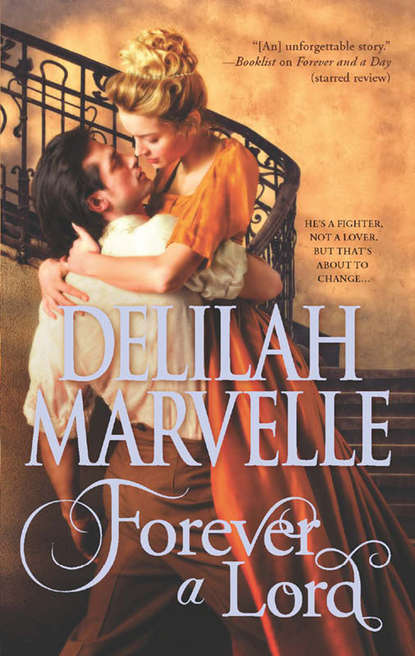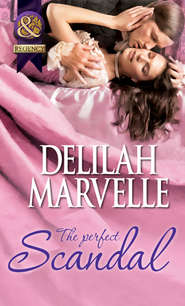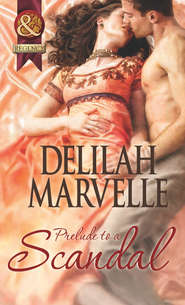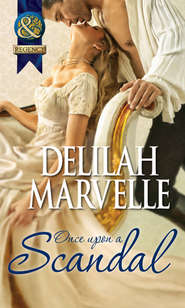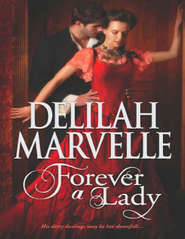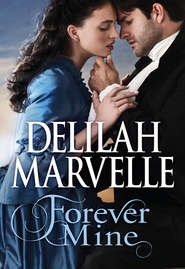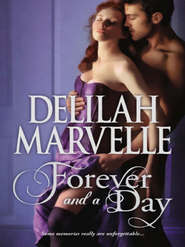По всем вопросам обращайтесь на: info@litportal.ru
(©) 2003-2025.
✖
Forever a Lord
Настройки чтения
Размер шрифта
Высота строк
Поля
The candle wavered. It then stilled and flicked into a mere glowing dot as the flame dissipated into a stream of curling smoke, leaving him in pulsing darkness and silence.
He squeezed his eyes shut, wailing helplessly until he felt like his body was swaying on a vast ocean set to drown him. His sobs and the darkness eventually lulled not only his body but his mind.
No one was coming for him.
Not his father.
Not his mother.
Not his sister.
No one.
CHAPTER ONE
To those, Sir…who would not mind Pugilism,
if Boxing was not so shockingly vulgar—the
following work can have no interest whatever.
—P. Egan, Boxiana (1823)
New York City—Gardner’s wharf
13th of June 1830, afternoon
OVER THE COURSE of a rough life filled to the brim with gambling, drinking, swearing and boxing, Edward Coleman had taken residence in eleven different parts of the city in an effort to avoid three things: the creditors, his wife and his mother-in-law, who were all determined to bleed him dry.
Not having heard from any of them in too many years to count made him wonder if perhaps he’d mastered the art of the moonlight flit a bit more than he’d wanted. But then again, fate had never liked him all that much. He didn’t even know why he was astounded at glimpsing his mother-in-law pushing through the dust-ridden male masses just beyond the milling fence at the match.
The woman had aged considerably since he’d last seen her, but that bundled coif and pert little nose remained the same. A gaggle of young men in grey wool caps, coats and trousers, whom he knew to be Jane’s brothers—and my, how they’d grown—strategically wove through the packed boxing crowd behind her.
Mrs. Walsh had only ever sought him out when she needed one of two things: money or money. The United States government could make use of a woman like that.
Coleman swung back toward the fence. “We should go.”
His friend, Matthew Joseph Milton, leaned toward him. “Go?” Those dark brows rose a fraction, causing the worn, leather patch over his left eye to shift. “What about your fight? You’re up next.”
“I know.” Coleman knotted his shoulder-length hair back with the twine he’d yanked off his wrist. “But something came up. As such, I can’t stay.”
“Something came up? Whilst we were standing here?”
“Yes and yes.”
Matthew lowered his stubbled chin. “I may have one eye, but that doesn’t make me stupid. What is it? Are you in some sort of trouble?”
“No, I—” Blood sprayed from the ring past the fence, covering the front of the only great coat he owned. Coleman hissed out an agitated breath and scanned what remained of the fight. “Amateurs. They can’t even keep the blood within the boundaries of the fence anymore.”
Matthew snorted. “You never do.” Still watching the fight, Matthew froze. “That bastard is going down with my dime!” Matthew hooked a rigid right fist. “Feck!”
“I told you not to bet on him.”
The well-muscled youth, whose lacerated features had been disfigured by the unrelenting blows of eighteen rounds, attempted to stagger up off his knees, bloodstained trousers barely clinging to narrow hips. Another bare-knuckled fist bounced off his sweat-soaked head as more blood splattered from that nose and mouth toward the crowd. The youth collapsed onto the wood boards laid out on the flattened sun-burned grass.
Several men groaned in disappointment, hitting the fence as the youth was dragged off to the side.
Coleman glanced back again, gauging how much time he had. Mrs. Walsh was still pushing through the crowd and didn’t appear to have noticed him. Yet.
He propped up the collar on his great coat to better hide his face and tossed out at Matthew, “I’ll see you tomorrow. If Stanley comes looking for me, tell him I broke my hand.”
“Broke your—” Matthew caught his arm. “Coleman. We need money. Or we’re back to robbing shipments at the docks for the next two weeks. Hell, I know our troop is called the Forty Thieves, but do we really have to live up to our name?”
Coleman unhooked his arm from that hold. “If I stay, we’ll lose whatever I take from my fight.”
“What do you mean? To who?”
A rolled newspaper bounced off the back of Coleman’s head. “Thought you’d up and disappear on me, did you?” a woman belted out from behind.
Coleman didn’t even bother shielding his head. He deserved it for having ever married Jane. “To her,” he told Matthew.
Matthew swung toward the aggressor and shoved the rolled newspaper back and away. “Where is your sense of refinement, woman? A paper is meant to be read. Not mangled on the heads of others. Now put it away.”
Coleman grudgingly turned and eyed all nine Walsh boys gathered at varying heights behind their elderly mother. Their wool caps were adjusted in every possible direction but the one they were designed for.
Coleman hesitated. Each wore a black band on the arm of their wool coats. His gaze jumped to his mother-in-law, whose plain gown had been stitched of bombazine.
Someone had died. And he knew full well Mrs. Walsh had no living husband or relatives.
His pulse drummed. “Mrs. Walsh. Jane didn’t…?”
Tears glazed those dark eyes. “Aye. She did.” Drawing thin lips together, she set her aging chin. “Poured too much laudanum into her whiskey barely a week ago. Never woke up. I wasn’t there when it happened, but that’s what the coroner is sayin’. She was with a—” She wouldn’t meet his gaze. “She was with a friend when it happened.”
Meaning a man. The very last of several hundred, no doubt. Not that Coleman had been any more loyal. God bless poor Jane. She had her men and he had his women and that was why it had fallen apart. Neither of them were capable of monogamy.
Coleman shifted his jaw and looked away, knowing he should have felt something in that moment. Anything. Remorse. Sadness. Bitterness. But the truth was, he knew it was going to end like this. He had done everything to keep Jane from mixing laudanum into her whiskey. But there were some things a man couldn’t box.
Mrs. Walsh hesitated and added, “Someone told me you’d be millin’ today. I don’t want to be a burden, but we need seven dollars to bury her. I won’t have her dropped into a dirt hole.”
He swiped his face. He didn’t have seven dollars.
Matthew leaned in. “Coleman. What is this? Who is she talking about?”
Coleman’s chest tightened. Christ. He had spent years crawling away from a past he didn’t want to remember, and now, everyone was about to know his business. Of course, if there was anyone he knew he could trust to know his business, it was Matthew. Though only Matthew. “My wife,” he eventually muttered. “She died.”
Matthew grabbed his coat. “What? You’re married?”
“Yes. I am. Or rather…I was.” Eyeing his mother-in-law, who had grown quiet, he sighed. “Mrs. Walsh. I can only offer five if I go in and fight. The prize is for ten and I have others depending on me. Will that be enough?”





